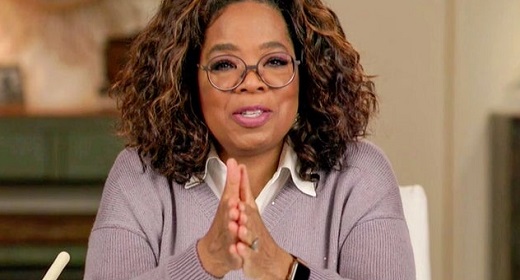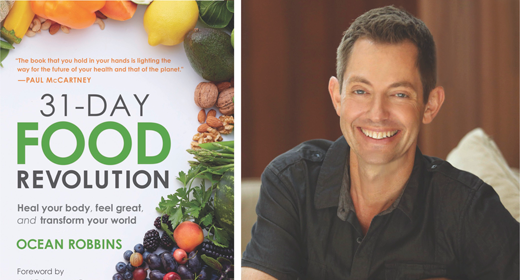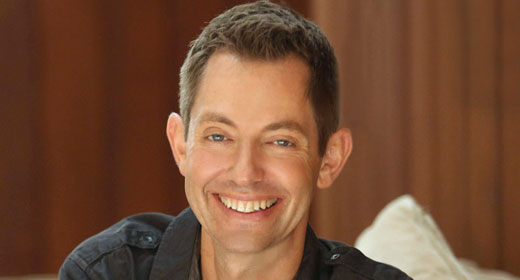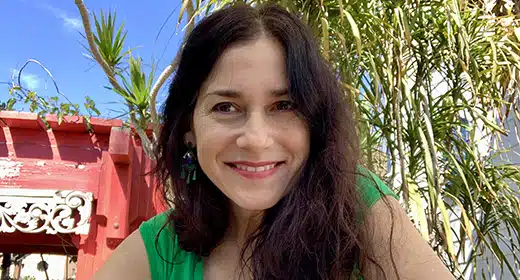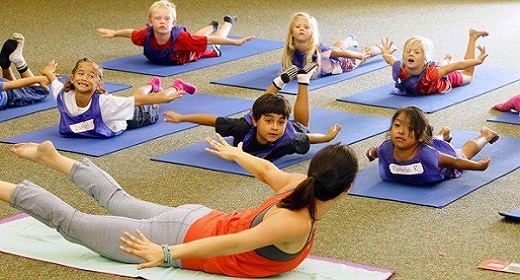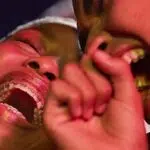by Desmond Tutu and Mpho Tutu: “How do we forgive?”
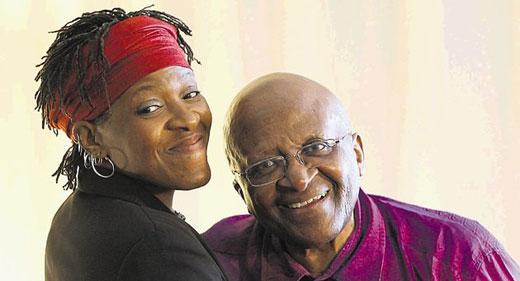
How does the mother whose husband and daughter were gunned down by terrorists forgive the men that slaughtered them?
How do the parents whose teenagers were killed by a drunk driver embrace the person whose selfish act robbed them of their children?
And how do we forgive the multitude of wrongs and slights that we will inevitably face throughout our lives?
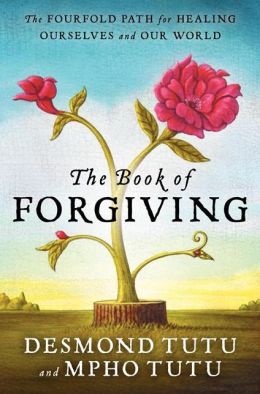 These are the questions posed by Nobel Peace Prize Winner Desmond Tutu and his daughter Reverend Mpho Tutu in The Book of Forgiving: The Four-Fold Path for Healing Ourselves and Our World (HarperOne/March 2014) . Using real examples from their own lives and those of others around the globe, this father and daughter offer a roadmap – a unique and practical guide that we can all apply to our own lives.
These are the questions posed by Nobel Peace Prize Winner Desmond Tutu and his daughter Reverend Mpho Tutu in The Book of Forgiving: The Four-Fold Path for Healing Ourselves and Our World (HarperOne/March 2014) . Using real examples from their own lives and those of others around the globe, this father and daughter offer a roadmap – a unique and practical guide that we can all apply to our own lives.
No one is better placed to offer guidance and hope in a turbulent world than the former Archbishop of Cape Town. In 1995 Tutu was appointed as chair of South Africa’s Truth and Reconciliation Commission to investigate apartheid-era crimes. The world watched, stunned, as a nation ripped apart by racism and brutal violence was steered towards peace as scores of people spurred by hate under an oppressive regime, owned up to their human rights abuses and sought forgiveness from those they brutalized.
The Tutus have applied those lessons learned and distilled them into tools called the Four-Fold Path. In this book they stress the importance of telling the story, naming the hurt, granting forgiveness and choosing to either renew or release the relationship that caused you pain.
They also challenge the notion that the act of forgiveness is a sign of weakness or a lofty goal only the saintly can achieve. Instead they offer scientific proof that by pardoning others we help to heal ourselves physically, emotionally and mentally.
Through guided meditation, prayer and journal exercises the Tutus give us the space and time – be it days, weeks, months or even years – to arrive at the place where we can forgive others, seek forgiveness or forgive ourselves.
Desmond Tutu says: “Without forgiveness, we remain tethered to the person who harmed us. We are bound with chains of bitterness, tied together, trapped. Until we can forgive the person who harmed us they will hold the keys to our happiness, they will be our jailor.”
The Book of Forgiving gives us the keys to set ourselves free.
###
About the Authors
Anglican priest DESMOND MPILO TUTU won the Nobel Peace Prize in 1984. In 1986 he was elected Archbishop of Cape Town, the highest position in the Anglican Church in South Africa. In 1995, after the end of apartheid and the election of Nelson Mandela, Tutu was appointed as chair of South Africa’s Truth and Reconciliation Commission, to investigate apartheid-era crimes. His policy of forgiveness and reconciliation has become an international example of conflict resolution, and a trusted method of post-conflict reconstruction. He is currently the chair of The Elders where he gives vocal defense of human rights and campaigns for the oppressed.
The Reverend MPHO TUTU has run ministries for children in Worcester, Massachusetts; for rape survivors in Grahamstown, South Africa; and for refugees from South Africa and Namibia at the Phelps Stokes Fund in New York City. She earned her Master of Divinity (M.Div.) from Episcopal Divinity School in Cambridge, Massachusetts and began her ordained ministry at the historic Christ Church in Alexandria, Virginia.
She is the Chairperson Emeritus of the board of the Global AIDS Alliance, Chairperson of the Board of Advisors of the 911 Unity Walk and a Trustee of Angola University. Reverend Tutu is an experienced preacher, teacher and retreat facilitator. With her father, Archbishop Emeritus Desmond Tutu, she has authored Made for Goodness.


